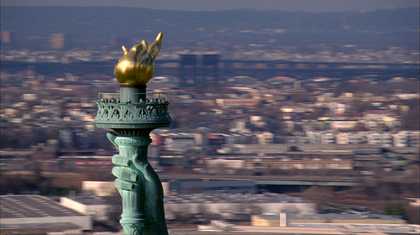As the only person to win both the Turner Prize and an Academy Award, Steve McQueen has developed a unique practice. This four-week course examines his gallery-based moving image work alongside his feature films, with presentations, discussion and screenings.
Key discussion topics include how McQueen’s work has been interpreted by different critics; the global political dimensions of his practice, especially in relation to race, identity and the body; and his frequent engagements with ideas of memory and history.
The course is led by Richard Martin, Curator of Public Programmes at Tate, and features a range of guest speakers, including curators, film programmers and academics. Participants will visit the Steve McQueen exhibition at Tate Modern and the Year 3 project at Tate Britain.
Course Structure
Week 1: Beginnings
This first session introduces key themes from across McQueen’s practice before we pay an initial visit to the exhibition at Tate Modern. We’ll be joined by the exhibition’s assistant curator, Fiontan Moran.
Week 2: Movies
Our second session assesses McQueen’s four feature films: Hunger, Shame, 12 Years a Slave and Widows. Guest speakers include curator and writer Karen Alexander and academic Dr Clive Nwonka, LSE Fellow in Film Studies.
Week 3: Portrait of a City
This session takes place at Tate Britain with a focus on McQueen’s ambitious Year 3 project. How does this vision of London compare with other representations of the city? What does the project suggest about identity, childhood and belonging? Guest speaker Dr Sita Balani (Lecturer in Contemporary Literature and Culture, King’s College London) will offer her thoughts on the project.
Week 4: Testimonies
As we return to Tate Modern, we’ll focus on notions of memory and mourning in McQueen’s practice. How might his haunting moving image works function as testimonies to lives lost or historical events?

